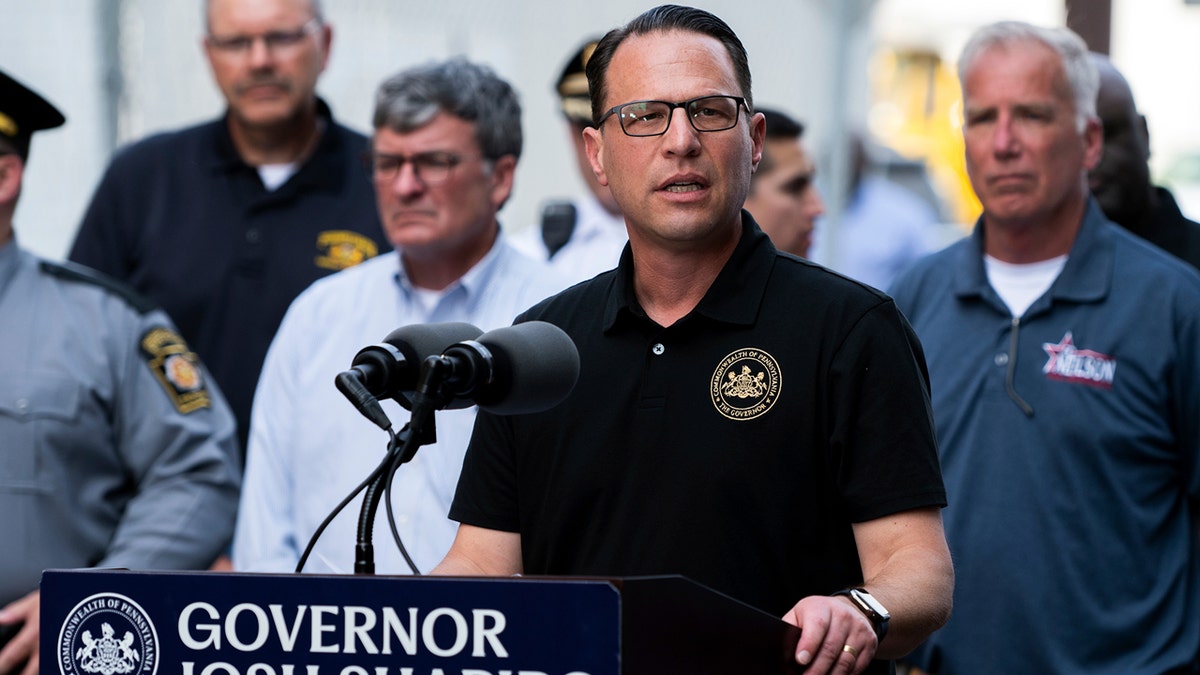Pennsylvania Governor Josh Shapiro has publicly called on the Republican-led Senate to return to Harrisburg and finalize the state's overdue budget. With the deadline having passed nearly a week ago, Shapiro emphasized the urgency of the situation and the need for a swift resolution. He directly attributed the delay to the Senate's passage of a spending plan that they knew faced challenges in the narrowly Democratic House.
Shapiro refuted Republican claims that he reneged on an agreement regarding the $45 billion budget proposal. Instead, he placed the blame on the Senate and House's inability to reach a consensus. He pointedly stated that the Senate's actions led to the current impasse, saying, "They may not like how this process played out, but it's the process they initiated due to their failure to finalize the deal."
A key sticking point in the negotiations has been a proposed $100 million school voucher program. While Senate Republicans and Shapiro initially supported the initiative, House Democrats opposed it, leading Shapiro to pledge a line-item veto. This move drew sharp criticism from Senate Republicans who accused the governor of breaking his promise and lacking the political influence within his own party to secure the program's passage.

Shapiro urged the Senate not only to approve the budget but also to collaborate with the House on legislation outlining the allocation of funds within the budget. While Republicans haven't indicated when they will reconvene, their statements suggest that the budget battle is far from over. Senate President Pro Tempore Kim Ward countered Shapiro's narrative, asserting that Republicans had accommodated his requests in exchange for the voucher program and that he still has the power to ensure its inclusion in the budget. With the Senate scheduled to return on September 18th, Republicans hold the leverage to delay the budget's passage until then, as it requires the presiding officer's signature.
The budget impasse also impacts funding for state-subsidized universities like Penn State, University of Pittsburgh, and Temple. While Shapiro and Democrats advocate for a 7% increase in aid, totaling $623 million, Republicans have resisted, citing concerns about rising tuition costs and preferring direct student aid. This disagreement further complicates the budget process and could influence university budgeting and tuition decisions for the upcoming academic year. Pennsylvania's ranking among the lowest states in terms of student debt and college affordability adds another layer of complexity to the situation, with some education advocates attributing this to inadequate legislative support for higher education.
Comments(0)
Top Comments